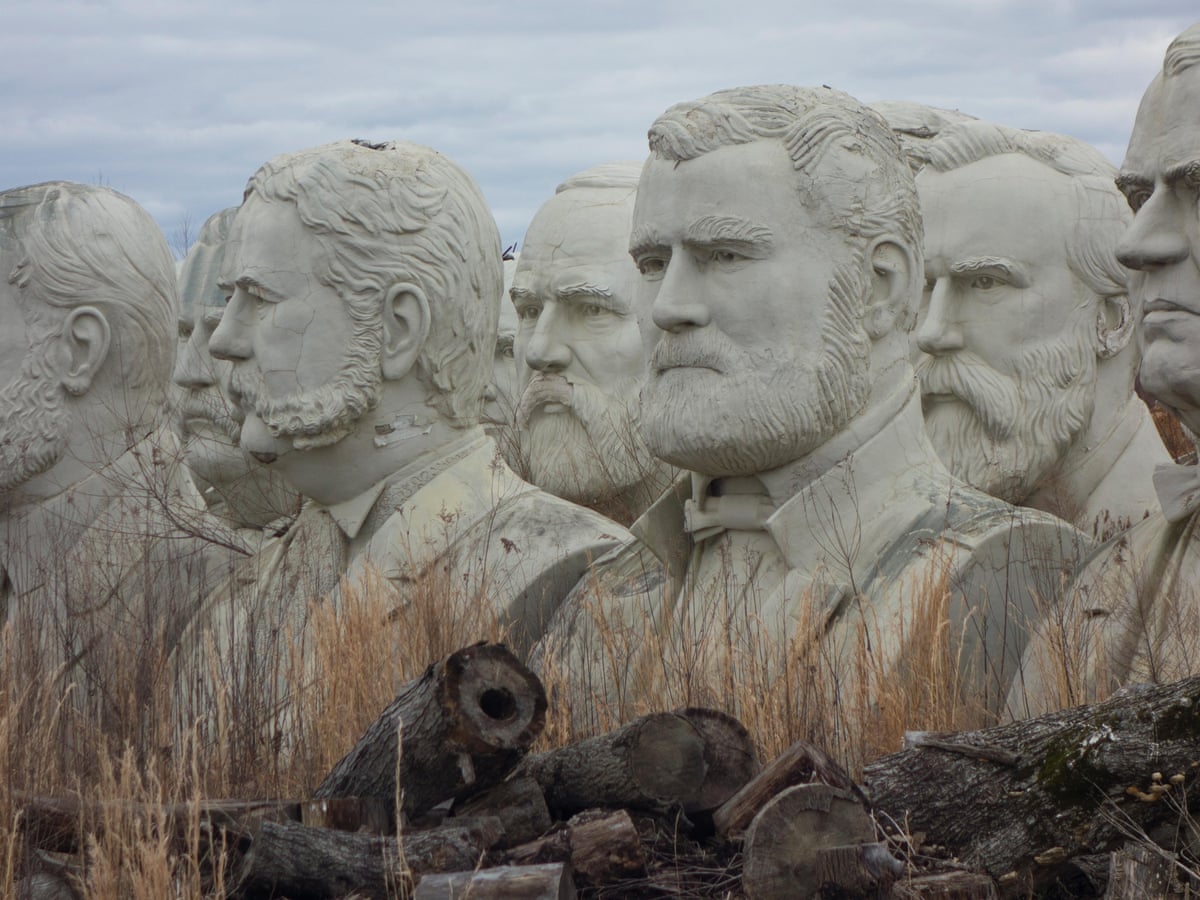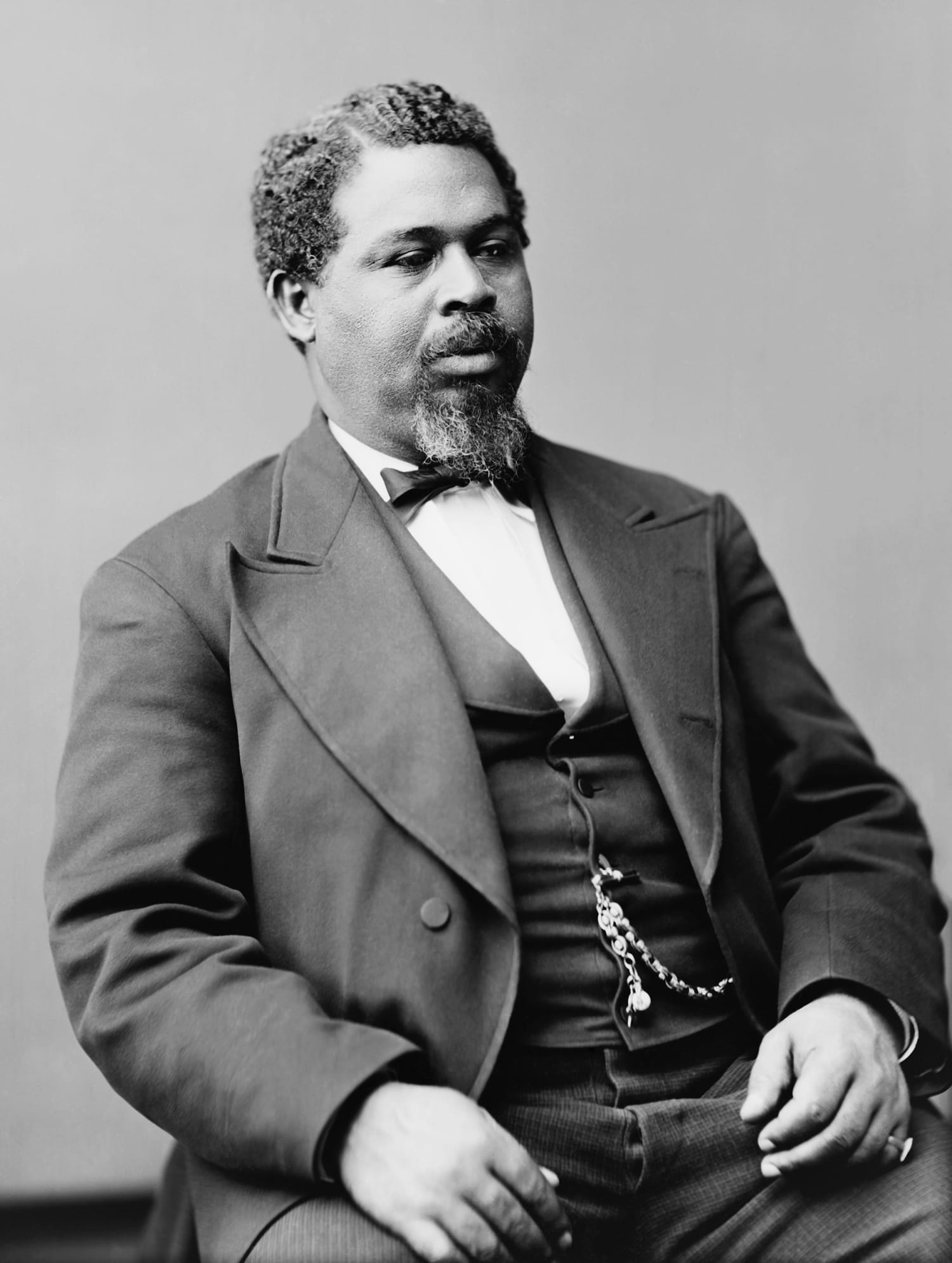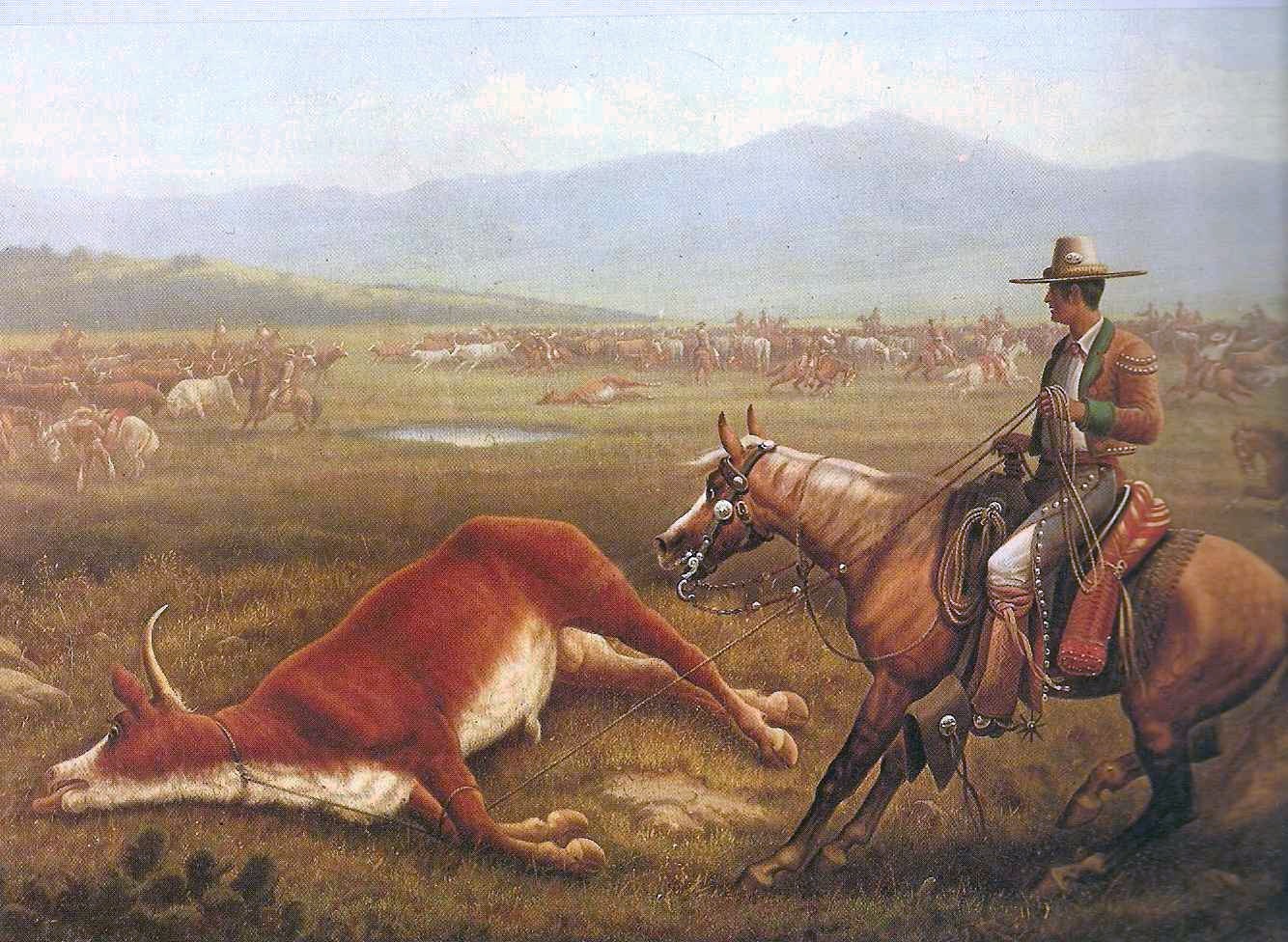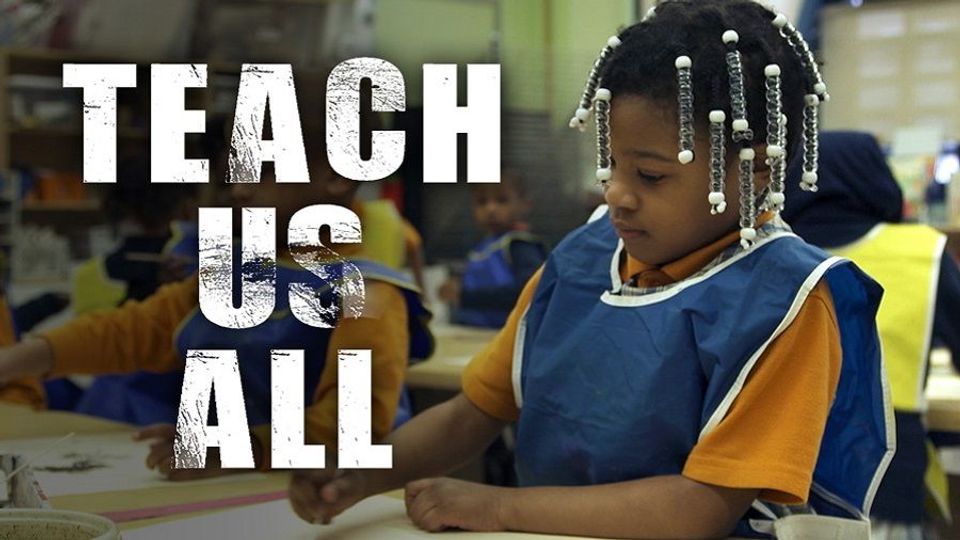In this week's reading, The Academic and Social Value of Ethnic Studies from Christine E. Sleeter discusses the mainstream curricula that reflected the diversity of the United States population. However, the text concludes that whites continue are predominately taught in detail and are often required to learn while other ethnicities' history is are not properly taught the same way as white focused figures.
(Quote: 1) "Whites continue to receive the most attention and appear in the widest variety of roles, dominating story lines and lists of accomplish- ments. African Americans, the next most represented racial group, appear in a more lim- ited range of roles and usually receive only a sketchy account historically, being featured mainly in relationship to slavery. Asian Americans and Latinos appear mainly as figures on the landscape with virtually no history or contemporary ethnic experience."
(Quote: 2) "Middle school students of color, when asked, are able to articulate frustrations with Eurocentric curricula. Like the eighth graders interviewed by Epstein, 43 gi"ed Black mid- dle school students interviewed by Ford and Harris (2000) all expressed a desire to learn more about Black people in school; most agreed that this would make school more inter- esting, and almost half agreed that they got tired of learning about White people all the time."
The quote above is talks about how students of color feel a disconnected when most of historical figures they are learning about is usually someone who isn't relatable to them. Many of them express that it will make it interesting for them if they are able to learn people who are more like them. Which furthers the notion that Whites are dominating in the current school curriculum.
As a counter to this, Ethnic studies curricula and program such as "Chicano studies courses" from Christine E. Sleeter is a program that aims to educate students who are minorities to learn about history from non Euro-American perspective. It gives students like Carlos to be interested in education since it's a topic that is relatable to him and his heritage without it being as victimization of his culture and or people.
(Quote: 3) "Carlos finally decided to go see what Chicano studies was all about. #at hooked him on education. For the first time in his life, the curriculum was centered on his reality. Carlos completed two years of community college, taking as many Chicano studies courses as possible, then went on to complete a BA degree in Spanish."






No comments:
Post a Comment